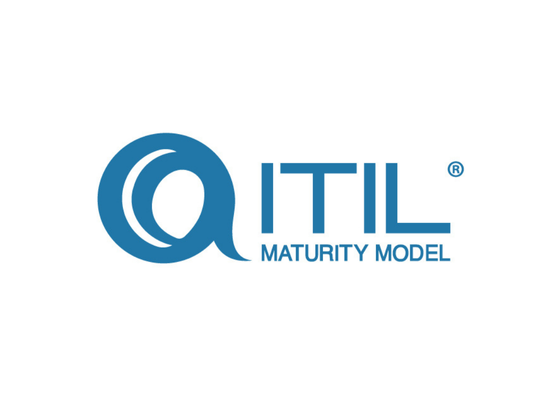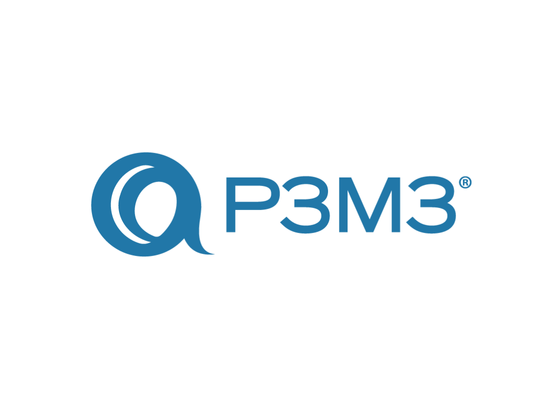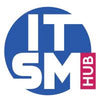In this article:
- Agile software development
- Timely response to change
- Flexible and scalable infrastructure
- Collaborative and cross-functional teams
- Continuous improvement
- Customer-centricity
In the context of information technology agility refers to the ability of an organisation or team to adapt, respond, and deliver value in a rapidly changing technological landscape. It involves being flexible, collaborative, and responsive to changing customer needs and market demands. Here are a few key aspects of agility in IT:
Agile software development
In the realm of software development, agility is often associated with the Agile methodology. Agile software development approaches, such as Scrum or Kanban, emphasize iterative and incremental development, cross-functional collaboration, and continuous delivery of working software. The focus is on delivering value in shorter cycles, responding to feedback, and adapting the development process based on evolving requirements.
Timely response to change
IT agility involves the ability to quickly respond to changing technologies, market conditions, and customer expectations. Agile IT teams are proactive in identifying emerging trends and technologies, evaluating their potential impact, and adapting their strategies and solutions accordingly.
Flexible and scalable infrastructure
Agile IT organisations build flexible and scalable infrastructure and systems that can adapt to changing needs. This may involve adopting cloud-based technologies, implementing DevOps practices, or leveraging automation to quickly provision and configure resources as required.
Collaborative and cross-functional teams
Agile IT teams work collaboratively in a cross-functional manner, with close collaboration between developers, testers, business analysts, and other stakeholders. They emphasize effective communication, teamwork, and shared ownership of project outcomes.
Continuous improvement
Agility in IT is rooted in a culture of continuous improvement. Agile teams regularly reflect on their processes, identify areas for improvement, and adjust accordingly. They value feedback, embrace a learning mindset, and strive to deliver better results with each iteration.
Customer-centricity
Agile IT organisations prioritise understanding and meeting customer needs. They engage with stakeholders throughout the development process, solicit feedback, and prioritise features and enhancements based on customer value. Customer feedback is integrated into the development cycle to ensure that the delivered solutions align with customer expectations.
Agility in IT involves embracing change, fostering collaboration, delivering value iteratively, and continuously improving processes and systems to meet evolving technological and business demands. ITSM Hub’s Agile Scrum Essentials certification course is a proven way to introduce both senior leaders and staff to the fundamental principles of agility and provides you with everything you need to start applying the Agile Scrum approach to your projects.
Contact us to book an in-house session for your organisation.
























